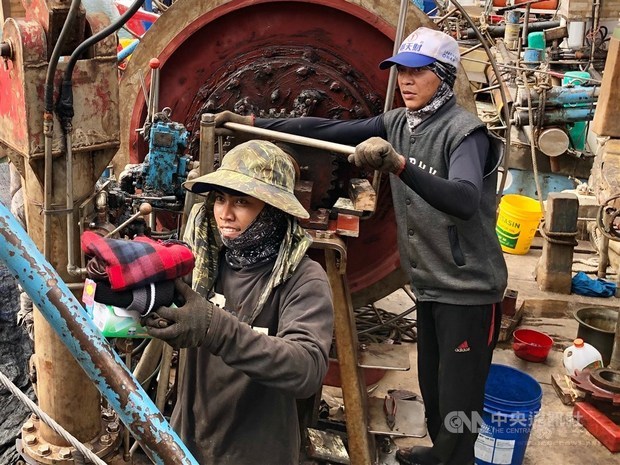
Taipei, June 5 (CNA) Filipino, Indonesian and Vietnamese priests across Taiwan urged the government on Friday to allow migrant workers to be included in an upcoming economic stimulus voucher program that will start next month.
The vouchers, officially called "Triple Stimulus Vouchers," will be issued from July 15, but will be confined only to Taiwanese nationals and their foreign spouses, allowing them to buy NT$3,000 (US$100)-worth of vouchers for NT$1,000.
Filipino-American Priest Joy Tajonera of the Ugnayan Migrant Ministry in Taichung told CNA that the exclusion of migrant workers from the program creates barriers within society.
"To exclude the migrants is to further divide our society between the insiders and the outsiders. Migrants are not outsiders," Tajonera said.
Migrant workers contribute to the economy through their taxes, health and labor insurance, Tajonera pointed out.
"We cannot underestimate the contributions of the migrants to making Taiwanese companies competitive and one of the best in the global market," Tajonera said.
Taiwan employs a total of 711,539 migrant workers from Indonesia, Vietnam, Thailand and the Philippines to work in industry and social welfare, according to Ministry of Labor statistics valid as of the end of April.
Indonesian Priest Ansensius Guntur from Kaohsiung also said migrant workers should be included in the program.
"If they are working hard in the running of the various industries and factories, fishing, and if their contributions are important to the state and the Taiwanese people, they also deserve to be helped," Guntur said.
Meanwhile, Vietnamese Priest Gioan Tran Van Thiet of Saint Christopher's Church in Taipei said that in addition to reviving consumer spending, the vouchers will also help those affected by the COVID-19 coronavirus pandemic, as migrant workers have been more affected than locals.
Apart from being away from their families, migrant workers often find themselves with no support aside from their monthly wages, which many have found to have been reduced because of the pandemic, Thiet said.
"So they are even more in need of support from the government of Taiwan to help them buy necessities," Thiet said.
Commending the government's achievements in virus prevention, he issued the reminder that the inclusion of migrant workers in the stimulus voucher program will reflect Taiwan's desire to equally treat all those who call the country home.